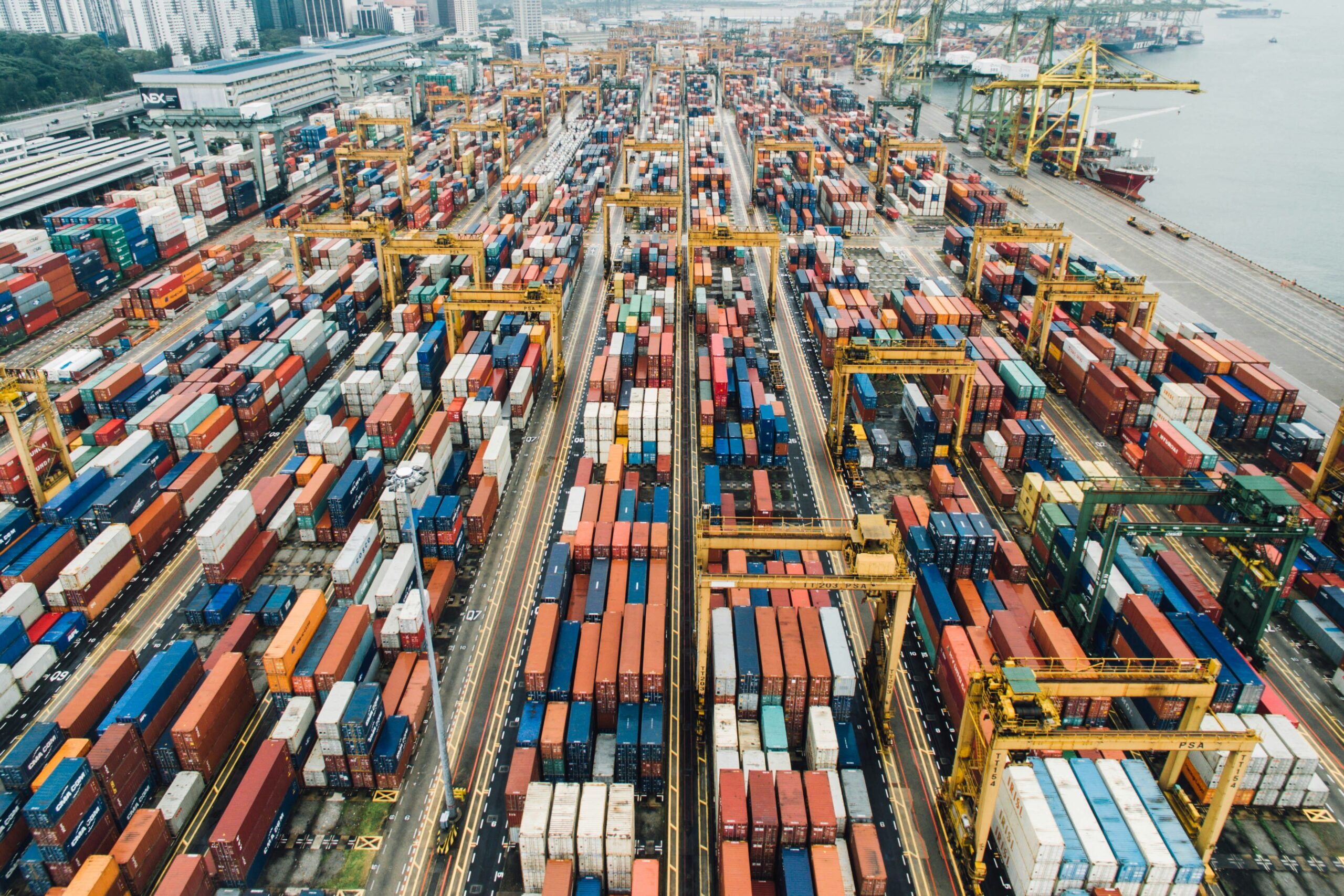
The world of supply chain management has been rapidly transforming due to the introduction of innovative technologies. As businesses strive to become more efficient and responsive, technologies such as artificial intelligence (AI), the Internet of Things (IoT), blockchain, and automation have begun to take center stage. These advancements are not only improving operational efficiency but also reshaping how companies manage inventory, forecast demand, and ensure the timely delivery of products. The changes these technologies bring are ushering in a new era in supply chain management.
AI and Machine Learning in Demand Forecasting
One of the most significant ways AI is revolutionizing supply chain management is through demand forecasting. By leveraging machine learning algorithms, companies can accurately predict customer demand. This technology analyzes historical data, consumer trends, and market conditions to provide actionable insights that help companies better plan their production schedules, manage inventory levels, and reduce waste. As a result, businesses can avoid overstocking or stockouts, leading to a more efficient and cost-effective supply chain.
Furthermore, machine learning is also being used to optimize route planning and transportation logistics. AI-powered systems can analyze factors like weather, traffic, and road conditions in real time, allowing companies to adjust delivery routes on the fly. This dynamic approach to logistics ensures that shipments reach their destinations faster and more cost-effectively, contributing to improved customer satisfaction.
The Role of the Internet of Things (IoT) in Real-Time Tracking
Another transformative technology in modern supply chain management is the Internet of Things (IoT). IoT-enabled devices are providing real-time visibility into inventory, shipments, and equipment. By embedding sensors into goods, packages, and even vehicles, businesses can track the movement of items through every step of the supply chain. This allows for better monitoring and control over inventory, which helps reduce losses and improve overall efficiency.
Additionally, IoT data can be used to monitor the condition of perishable goods, such as food and pharmaceuticals, during transit. Sensors can track temperature, humidity, and other environmental factors, sending alerts if any deviations occur. This helps ensure that products arrive in optimal condition, meeting safety and quality standards. As IoT technology continues to evolve, it promises to enhance the transparency and reliability of supply chains across industries.
Blockchain for Enhanced Security and Transparency
Blockchain technology is increasingly being adopted to address key challenges in supply chain management, particularly in security and transparency. By providing a decentralized, tamper-proof ledger, blockchain allows all parties in the supply chain to access and verify information in real time. This transparency helps reduce fraud and errors by ensuring every transaction is recorded and immutable.
Moreover, blockchain can enhance traceability by enabling companies to track the origins of products, ensuring compliance with regulations, and verifying the authenticity of goods. For example, in industries such as pharmaceuticals or luxury goods, blockchain can be used to confirm that products are not counterfeit and have been sourced ethically. As more industries embrace blockchain, it becomes a cornerstone of modern supply chain management, offering security and efficiency.
Automation and Robotics in Warehousing and Fulfillment
Automation is another technology making waves in supply chain management, particularly in warehouses and fulfillment centers. Robotics and automated systems are increasingly used to handle tasks that were once time-consuming and labor-intensive, such as picking, sorting, and packing. By automating these processes, companies can significantly reduce the time and cost associated with warehouse operations while improving accuracy.
Robotics in warehouses is not limited to traditional robotic arms; autonomous mobile robots (AMRs) are also being deployed to transport goods throughout the facility. These robots can navigate warehouses, delivering items to workers or shipping areas. The introduction of AMRs has dramatically improved efficiency and speed in fulfillment centers. Especially for e-commerce companies, where timely deliveries are crucial for customer satisfaction.
Cloud Computing and Data Analytics for Real-Time Decision Making
Cloud computing and data analytics have become essential components of supply chain management in today’s fast-paced business environment. Clouds platforms allow businesses to store vast amounts of data. Ensuring all stakeholders have access to the same information at any time. With this centralized data, companies can make informed decisions, optimize operations, and quickly adapt to changes in the market.
Data analytics tools are particularly valuable in assessing performance and identifying trends in the supply chain. Businesses can gain insights into areas of inefficiency and potential improvement by analyzing data from various sources—such as suppliers, customers, and internal systems. This data-driven approach helps companies stay ahead of the competition by making quicker, more informed decisions that drive profitability and growth.
The Future of Supply Chain Management
As these innovative technologies continue to advance, the future of supply chain management looks incredibly promising. Integrating AI, IoT, blockchain, and other emerging technologies will allow for even greater automation and efficiency in managing the flow of goods. Moreover, these technologies are poised to be crucial in addressing global challenges, such as supply chain disruptions and sustainability issues.
However, the adoption of these technologies also presents challenges. Businesses must invest in the necessary infrastructure, training, and cybersecurity measures to harness these innovations’ potential fully. Additionally, ethical concerns surrounding data privacy and security must be addressed to ensure these technologies benefit companies and consumers. Nevertheless, the ongoing evolution of supply chain management promises to unlock new opportunities for businesses to improve their operations and deliver better value to their customers.
Integrating innovative technologies like AI, IoT, blockchain, and automation is transforming how companies manage their supply chains. These advancements are driving greater efficiency, transparency, and security across industries. As these technologies evolve, their impact on supply chain management will only grow. Opening up new possibilities for businesses to innovate and thrive in a rapidly changing global market.